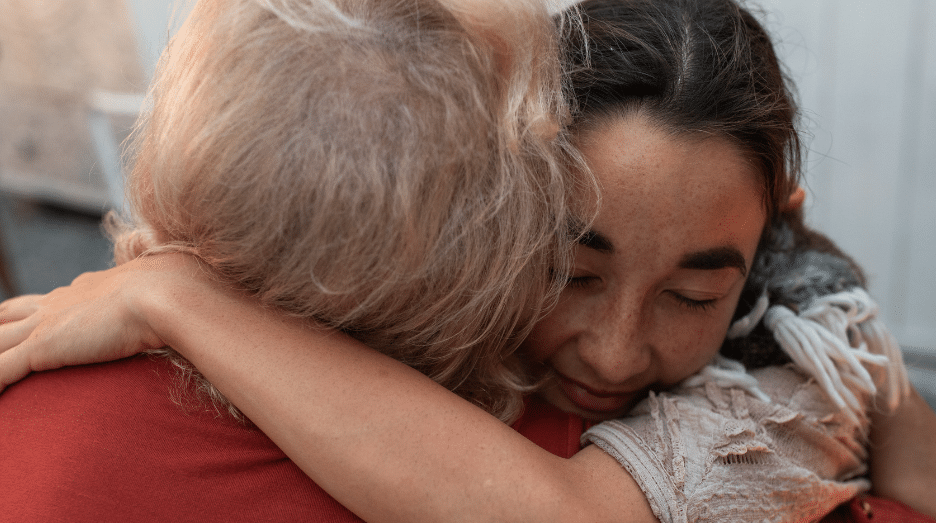Credit: theguardian.com
Rachel Coghlan first witnessed death as a four-year-old when she watched her grandfather collapse and die in front of her. Later, as a physiotherapy student working as a carer in a nursing home, she found a woman dead in her bed. A nurse taught her not to recoil and instead showed her how to bathe and dress the body.
Later again, working as a physiotherapist in London, she watched as a man from Sudan struggled to weigh up a diabolical choice between staying in the UK to access treatment, or returning home to his family but with no prospect of healthcare. He chose his family.
All three deaths laid the pathway for Coghlan’s decision to work in and research palliative care. After working in public health and research for more than a decade, she decided to return to hands-on work as a clinical palliative care physiotherapist in early 2020. “I figured I had a lot to give in that area. I wanted to find out what matters most to people and then support them on that journey.” Then the pandemic hit.
For more than two years now, Covid has provided a daily reminder of a very specific picture of death; a death experienced alone save for medical staff armoured in PPE, family’s faces shining off an iPad. A disproportionate number of those lonely deaths have been in aged care. Earlier this month, federal health minister Greg Hunt was admonished as “disrespectful” after he pointed out that “approximately 60% of those that have agonisingly passed have been in palliative care … The definition is that they have passed with Covid, and they are absolutely rightly counted as a national loss. But approximately 60% of those that have passed were in palliative care.”
Hunt’s figures were later disputed, but palliative care professionals speaking to the Guardian interpret the distinction as a subtle inference that somehow these deaths are less important, and are concerned that such labels fuel a common misconception about palliative care treatment itself: that it is exclusively for people who are on the verge of death. The sector is already under resourced, struggling with fatigue and grappling with the fallout from witnessing immense loss, not just in terms of the number of deaths but of what people have ultimately been denied as a result of this pandemic – a decent death.


